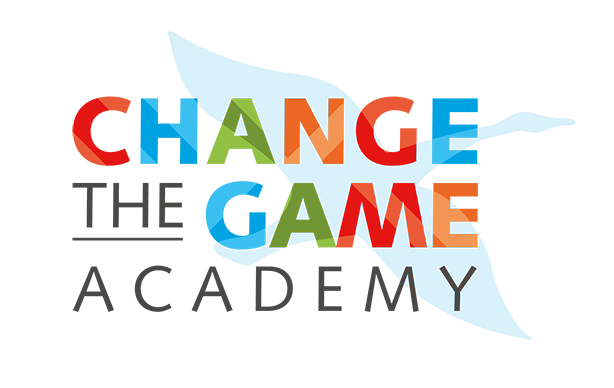Publications
Civil Society Capacity Building for Democratic Reform: Experience and Lessons from Indonesia
This is an academic paper published in Voluntas. By examining three cases studies of democracy-promotion programmes funded by USAID, the article discusses the successes, challenges, and lessons learned of democracy promotion from the perspective of NGO capacity building. The article provides a simple yet interesting conceptualisation of capacity building. A number of external (e.g. policy and governance, norms and values, etc.) and internal (e.g. vision, leadership, resources, etc.) factors can influence the capacity of NGOs and, as a result, their engagement in democratisation efforts. Practitioners can find the analytical model useful as it can be adjusted and applied to other contexts to study democratisation efforts and NGO capacity building. The authors make an important conclusion suggesting democracy-promotion NGOs in Indonesia are both “technical instruments of externally supported governance reforms” and “socially embedded actors committed to pursuing an indigenous change agenda”. The authors aptly note that “the experience of Indonesia offers food for thought for civil society activists in other countries and the international donors regarding the evolutionary path of democracy promotion and the conditions that affect civil society’s capacities to function as a counterbalance to state power over time”.
Corruption and NGO Sustainability: A Panel Study of Post-communist States
The article explores what impact corruption has on NGO sustainability in 27 countries of Eastern Europe and former Soviet region. The authors analyse the data produced by the USAID’s NGO sustainability index. Its key conclusion is that corruption undermines the financial sustainability of NGOs. In particular, the authors suggest that “corruption is likely to degrade the legal environment and fiscal viability of the NGO sector greater than other aspects related to NGO activities such as advocacy or organisational capacity”. Practitioners from the donor and NGO community can find a number of fresh and revealing insights from this unique analysis.
NGOs , States , and Donors Revisited : Still Too Close for Comfort ?
This paper revisits an influential paper written by the authors in 1996 ‘Too Close for Comfort’ to see what, if anything, has changed. The original article was very influential in the legitimacy debate and this revisiting paper is well worth reading. The paper highlights that after all this time the same problems persist. It is still difficult to see how NGOs are driving social change, mainly the authors argue, because NGOs are poorly placed in the aid chain. The authors discuss their results through three things: the weak roots of NGOs in the countries where they work; the rise of technology in the development sector that sidelines ‘deep-rooted’ problems; and how the political environment constrains NGOs. The paper also discusses how NGOs have tried to overcome these obstacles by ‘building partnerships with governments and other NGOs in order to build voice and illustrate alternative forms of service delivery’. The paper concludes that NGOs have a strong role as bridge-builders between the grassroots level and the national level, and offers some thoughts on how NGOs can ‘apply their knowledge of local contexts’. This article could be useful for organisations struggling to identify characteristics that may increase their contribution to social change.
The Institutional Architecture of Support to Civil Society Organizations in Brazil
This book presents articles from several scholars and practitioners working on Civil Society Organizations (CSO) in Brazil. The main topic is institutional support to Brazilian CSOs, which involves debates about international cooperation, public funds, private corporate social investment, and new formats of institutional support. The book presents the recent evolution in each of these topics and introduces challenges for a better institutional support to Brazilian CSOs. The authors claim, for instance, that projects became central to CSO funding, which may bring problems for institutional strengthening of these organizations. A limitation faced by the authors are the few sources of data about funding to CSOs in Brazil. The book focuses most on CSOs that defend rights, as well as how the broader political space interacts with CSO developments.
